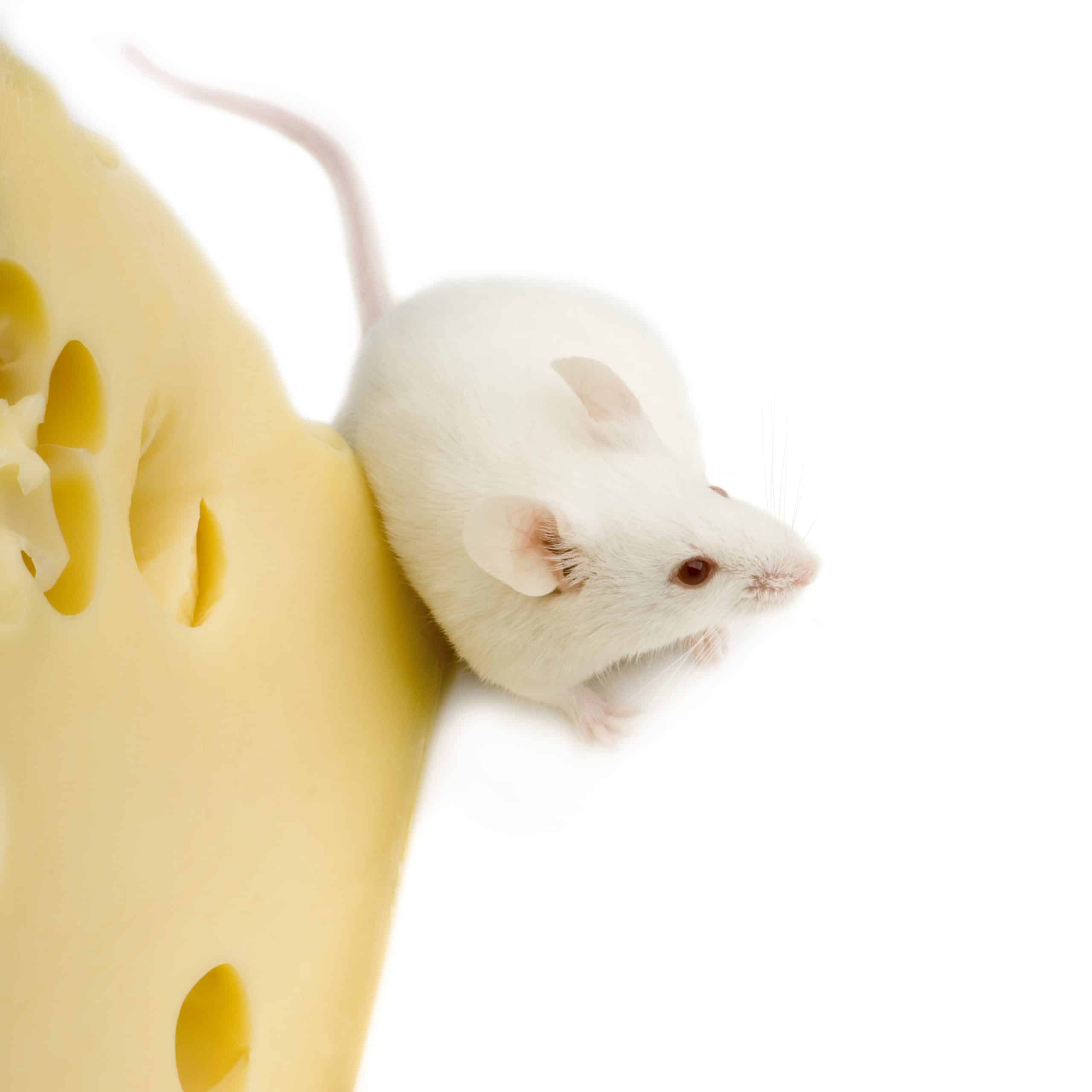Which Small Rodents Make the Best Companions for Gentle Children?

Choosing a pet for your children is a decision that must be made carefully, especially when considering small rodents. These little creatures, although small in size, can have a big impact on the hearts of your children – and on your family as a whole. They can teach your children about responsibility and care, offer a source of comfort during tough times, and make great companions.
If you’re considering getting a pet, and have younger, more gentle children in your family, you may want to consider small rodents. They’re often a great choice as they’re less demanding than larger pets and can be quite entertaining. However, it’s important to remember that not all small rodents are the same. Some are more suitable for kids than others. In this article, we’ll explore which small rodents make the best companions for gentle children.
En parallèle : What Are the Best Low-Calorie Treat Options for Overweight Parrots?
Why Small Rodents Make Great Pets
Before we delve into specifics, let’s first understand why small rodents make excellent pets for children. Small rodents like guinea pigs, hamsters, and birds are often recommended as the first pets for kids. They’re generally low maintenance, unlike dogs or cats, and they don’t require as much space.
A pet rodent can live comfortably in a small cage, which can be placed in your child’s room or a common area in your house. This makes them ideal for families living in apartments or houses with limited outdoor space.
En parallèle : How to Rehabilitate a Dog with a Fear of Car Rides After a Traumatic Experience?
Moreover, small rodents have shorter lifespans compared to larger pets. Hamsters live for about 2-3 years, while guinea pigs can live for 5-7 years. This allows your children to experience the full life cycle of a pet within their childhood years, which can be a valuable learning experience.
Guinea Pigs: Gentle and Social Creatures
Guinea pigs are often considered one of the best small rodents for children. They’re social animals, which means they enjoy the company of their owners and other guinea pigs. They’re also relatively easy to care for. A comfortable cage, a balanced diet, and regular exercise are all they need to thrive.
Guinea pigs are also known for their calm and gentle nature, making them particularly suitable for younger children. They are less likely to bite compared to other small animals, and they can handle gentle handling.
However, remember that guinea pigs require more space than other small rodents. They are also quite interactive and will need daily socialization and stimulation. If your child is old enough to understand and meet these needs, a guinea pig could be an excellent choice.
Hamsters: Independent and Nocturnal
Hamsters are another popular choice for a child’s first pet. They’re small, cute, and have a variety of breeds to choose from. Some hamsters, like the Syrian hamster, prefer to live alone, which can make them a great choice if you’re only planning on having one pet.
Hamsters are nocturnal animals, which means they’re most active at night. This could be a good or bad thing, depending on the lifestyle of your family. On one hand, it can be exciting for your kids to watch their hamster’s antics after sunset. On the other hand, it could be disruptive if the hamster’s nighttime activities interfere with your child’s sleep.
Hamsters require a smaller cage than guinea pigs, but they still need plenty of space to exercise. They also enjoy toys and activities that stimulate their natural instinct to burrow and explore.
Birds: Vocal and Colorful Companions
Birds, specifically small ones like budgies or cockatiels, can make great pets for gentle children. They are colorful, interactive, and can even learn to mimic human speech.
Birds are generally more active than rodents, which can make them more entertaining for kids. They enjoy being let out of their cage to fly around the room (under supervision, of course), which can be a delight for children to watch and interact with.
However, birds also require a significant amount of care. They need a balanced diet, a clean cage, and mental stimulation in the form of toys and interaction. Birds can live for many years, so make sure your family is ready for the commitment.
Deciding Which Small Rodent is Best for Your Child
Choosing the right small rodent for your child will depend on several factors, such as your child’s age, personality, and level of responsibility. It will also depend on the amount of time and resources your family is willing to dedicate to pet care.
Remember that any pet, even small rodents, require commitment. They need to be fed, their living spaces need to be cleaned, and they need attention and care. This can be a great way for your kids to learn responsibility and empathy. However, it’s also a considerable commitment, so make sure you’re ready before bringing a new pet into your home.
Bearded Dragons: Friendly and Inquisitive
Bearded dragons are a type of lizard that can also make great pets for gentle children. Contrary to their fierce-sounding name, bearded dragons are known to be quite amiable and social creatures. Despite not being rodents, they are often included in the list of small pets suitable for kids due to their manageable size and easy-to-care nature.
Bearded dragons are curious creatures that love to explore their surroundings and interact with their owners. They’re also quite calm and can tolerate gentle handling, which can be a great asset when dealing with young, more delicate children.
When it comes to their care, bearded dragons are considered relatively low maintenance. They require a balanced diet of insects and vegetables, a secure enclosure with a heat source, and an occasional bath. They also have a longer lifespan compared to other small pets, with some living up to 10-15 years.
Bearded dragons can provide a unique pet experience for your child. They offer a window that opens to the fascinating world of reptiles, expanding your child’s understanding of different animal species. However, make sure to research extensively about their needs and check if your child is ready to handle such a pet.
Creating the Perfect Environment for Your Small Pet
Once you’ve decided on the kind of small pet that would best suit your child, the next important step is to create a suitable environment for it. The environment you provide will play a significant role in the pet’s overall health and happiness.
Whether it’s a guinea pig, a hamster, a bird, or a bearded dragon, each type of pet has specific requirements. For instance, guinea pigs need ample space to move around freely, while hamsters appreciate things to burrow into and climb upon. Birds require a spacious cage where they can fly, while bearded dragons need a heat source in their enclosure.
It’s also crucial to keep their living spaces clean. Regular cleaning not only ensures the health of your pet but also prevents any potential odor issues in your home.
Remember, your child will be primarily responsible for the care of the pet. Ensure they understand what’s needed and are prepared to take on this responsibility. A small pet is not just a source of joy and companionship, but also an excellent opportunity for your kids to learn about responsibility and proper care of another living being.
Conclusion
Small rodents, and some reptiles like bearded dragons, can make excellent pets for gentle children. They’re usually easy to care for, require less space, and can teach your kids valuable lessons about responsibility and empathy.
Whether you choose a guinea pig for its sociability, a hamster for its independent nature, a bird for its vocal and colorful charm, or a bearded dragon for its friendly curiosity, remember to ensure their specific needs are met.
Remember, the best pet is not necessarily the one that’s easiest to care for, but the one that fits best with your child’s personality and your family’s lifestyle. So, consider your child’s temperament, your living situation, and your willingness to commit to the care of a pet. After all, no matter how small, every pet deserves a loving and caring home.
In the end, whichever small friend you decide to welcome into your home, we hope they bring endless joy and valuable lessons to your gentle children.
